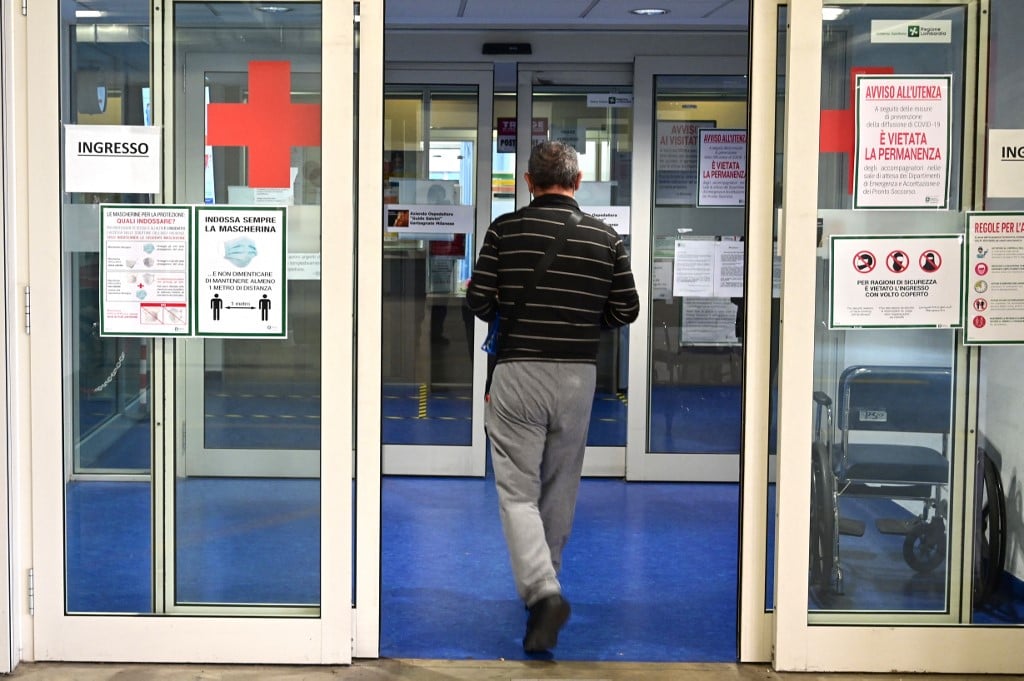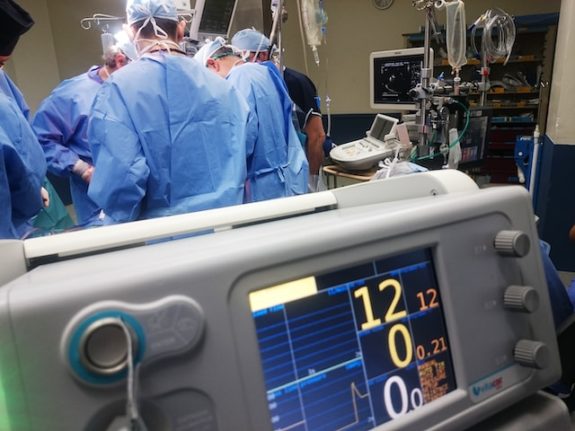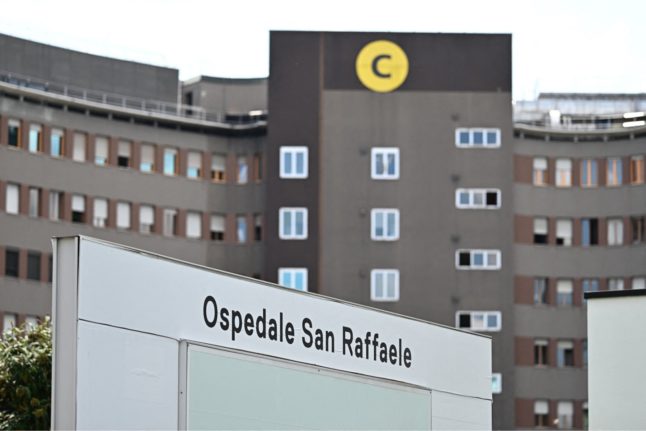Italy has what I would call the most “democratic” public healthcare system in the world (as defined by the Italian health ministry itself). Everyone has the right to be treated for free, without having to flash a credit card at the hospital entrance.
But when it comes to private healthcare options in Italy – sometimes viewed as preferable due to long wait times in the public sector and other factors – I think there’s big room for improvement.
READ ALSO: Public vs private: What are your healthcare options in Italy?
Talking to friends, relatives and colleagues, in the past few months I’ve made a list of cases that are, at the very least, disquieting.
You often pay a lot for private appointments. A friend of mine paid €600 just to have a neurosurgeon check an x-ray scan of his brain which he had already had done, and say “ok, all good”. The appointment was 10 minutes long.
My cousin had to undergo maxillofacial surgery to remove a bad tooth implant; she ended up in a private clinic in Rome where she was charged €5.000 for the operation (under general anaesthesia) and a one-night stay.
You might also think that, given you’re paying for the libera professione (freelance doctors who also work privately), the waiting list for appointments, exams and surgeries would be shorter than if you went through the servizio sanitario publico (state healthcare).
Wrong.
I had to wait four months for a simple private orthopaedic appointment; but a friend of mine beat all records. She waited six months for a rheumatologist to check her wrist, and another eight months for an allergy test at one of Rome’s top hospitals (where doctors also practise libera professione alongside their fixed salary paid by the health ministry.)
READ ALSO: Pregnancy in Italy: Should you choose public or private healthcare?
I don’t want to generalise, nor sound like a classist. But what’s the point of paying for private healthcare services if you don’t get any sort of privileged treatment?
Waiting lists in the public sector are months- if not years-long, and in most cases you don’t get to choose the doctor or surgeon. However, it is a free public service, paid for by taxpayers’ money.
If you use private healthcare in Italy, you pay extra money on top of the taxes already paid for the public sector. It’s like paying twice, and getting just a slightly better service – sometimes. Mandatory healthcare and social security contributions already add up to around 35 percent of the typical employee’s monthly salary.

I don’t mean to say that doctors who operate privately are better or more prepared than the ‘free’ public ones you get at a hospital. Money can’t buy miracles nor healing power, you get what you get. My granny had a saying: ‘il miglior dottore è quello che non sbaglia mai – con te’ (‘the best doctor is the one who always gets it right – with you’).
However, often going private and having high expectations of a return on the money spent just isn’t worth it, and the end results really leave you baffled.
READ ALSO:
- How bad is Italy’s north-south ‘healthcare gap’ really?
- Who can register for national healthcare in Italy?
- Italian healthcare is stuck in the past – but now it has a chance to modernise
Unacceptable mistakes are made, even at top-notch Italian clinics and hospitals that pride themselves in being avantgarde research centres in Europe in specific medical sectors. From incorrect medical reports and diagnoses, to personal data being mixed up between different patients, it can be frankly quite scary.
For example, my 65-year-old aunt was examined in November in Rome by the assistant of a top Milan orthopaedic surgeon who said she had severe knee arthritis and “urgently” needed a total knee replacement.
In December she travelled to Milan, was hospitalised for the ‘pre-ricovero‘ to carry out all the necessary exams and x-rays prior to the surgery, and the following morning she was unexpectedly released.
At 7am, when my aunt was all good to go to the operation room, the surgeon (who had never personally seen her as he had sent his bright assistant to Rome instead), informed her that her arthritis wasn’t that bad after all, and that there could be the risk of skin necrosis had he operated.
My aunt went into panic mode but nonetheless had to pay some €2,000 for the one-night hospital stay.
That reputedly excellent surgeon had made a huge mistake: the diagnosis by his assistant was wrong – but it was his responsibility, he should have paid for my aunt’s “unnecessary” hospital stay.
Once back in Rome, my aunt made another desperate grand tour (‘giro delle sette chiese’, as we say) of plastic surgeons to debunk the skin necrosis excuse given by the Milan orthopaedic.
But her odyssey wasn’t yet over: a month later she received her medical report via email from the one-night hospital stay in Milan, and shockingly found the medical report and colonoscopy result of another person.
The medical records office had made a humongous error: breaching patients’ privacy in Italy is supposed to be a very serious matter.
Such things should not happen in private healthcare, and when they do, patients should be able to bring these errors to the attention of state authorities.
But a watchdog overseeing private doctors, hospitals and clinics is currently lacking. There is a medical licensing board, but doctors are only barred from practising if found guilty by a jury at trial, which must be spearheaded by lawyers hired by the plaintiffs.
An internal oversight committee specific to the healthcare system is needed. Until then, how can issues like these be fixed?
Do you agree or disagree with this opinion piece? Please share your experience of Italian private healthcare in the comments section below.



 Please whitelist us to continue reading.
Please whitelist us to continue reading.
I have recently finished treatment for a detached retina: a first operation to re-attach and the second to correct a ‘pucker’ in the macula. Dr Poddi, the Ophthalmic surgeon in charge at Terni has a formidable reputation and his team is friendly and ultra-professional.
Six years earlier I was again operated on in Terni, this time by Prof Ettore Mearini using the Da Vinci robot machinery…Again, care was first rate. In each case, following initial examinations, waits were relatively short…